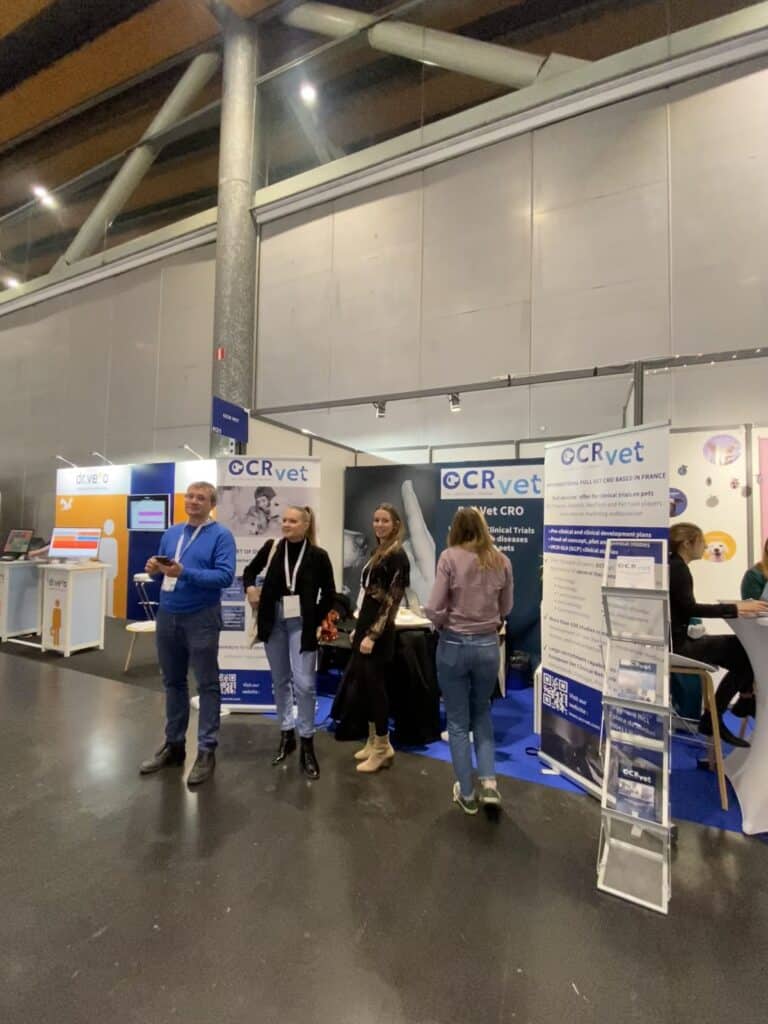OCR, Rarecells and ImmunXperts combine their strength and expertise into the creation of a new platform to significantly improve preclinical assessment of cancer drug candidates and to expand companion dogs involvment in translational oncology.
Currently less than 6% of oncology drugs developed based on studies in rodents successfully reaches the authority approval. This number indicates the need for a validation using a real-world model system before launching a clinical trial in human. For that, pet dogs as a heterogeneous model due to the same complex nature of tumorigenesis, progression and drug-resistance as in humans and provide valuable and more predictive results. It has become crucial for Biotech/Pharma to get access to better predictive animal models especially for their immuno-oncology drug development projects. Therefore, their translational departments are seeking for alternative, flexible and responsive pharmalogical approach to improve the decision-making process.
ICOM consortium, in this matter, addresses the existing gap between murine model and human patients proposing the inclusion of companion dogs in order to increase the predictability of the preclinical studies and increase the probability of novel cancer drugs success in humans.
The platform’s aim is to optimize the selection of drugs for parallel human and canine clinical trials, by providing innovative screening and monitoring innovative tools :
A dedicated canine immunophenotyping panel, to enable the clinical assessment of immune-modulating therapies and identification of immune biomarkers of response. It will be the 1st non-academic service of this type available for industry in Europe.
The 1st canine primary cancer cells platform available for preclinical evaluation of oncology drugs to allow the detection of biological effects (general toxicity, genotoxicity, etc.) of a tested compound.
The ISET® technique (isolation/detection of circulating tumor cells) validated in canine patients, to help with tumor diagnosis, prognosis and analysis of drug response. In scope of canine blood CTC counting and characterization, it is currently not available anywhere in the world.
The benefits of this approach will serve both human and vet pharmaceutical industry, as it will allow a relevant pharmacological assessment of immuno-oncology strategies under development for human and provide innovative solutions to treat companion dogs affected by cancer.



